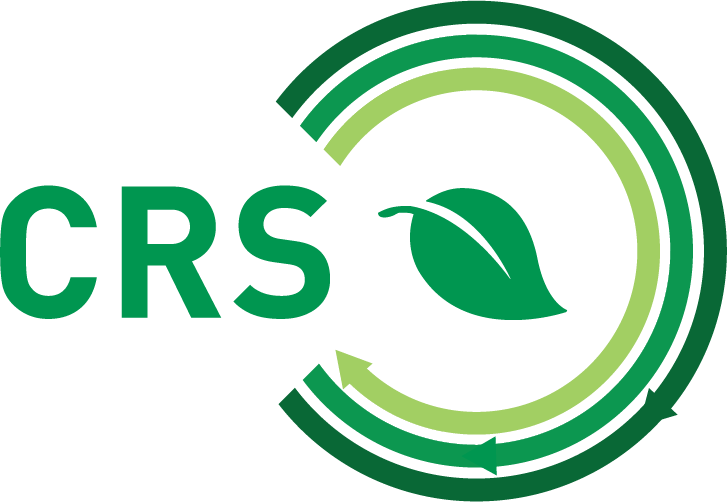
08 Apr Certifying soya in Cefetra supply chains in Covid-19 times
Certifying soya in Cefetra supply chains in Covid-19 times
2020-05
Certifying soya in Cefetra supply chains in Covid-19 times
| Cefetra works towards minimizing its impact on the environment, nature and people, while serving its clients as good as we can. Supportive by nature as we say it. In a Covid-19-affected world this has become more challenging. Many measures, voluntary and involuntary, are having a direct impact on what we normally do.
One of the key things we remain firmly committed to at Cefetra is working towards responsible global supply chains, though. We do this by working closely with farmers, local partners, suppliers, auditors, NGOs, our clients and many others. Sustainability is teamwork, in every sense of the word. Despite having Covid-19 entering the scene, our ambition with regards to delivering on sustainability has remained unchanged. Forced to reconsider the way we go about our regular workflows, we keep up our high quality levels. Credibly assessing farms on their sustainability performance is one of those. However, severe travel restrictions, social distancing etc. are just two examples which make our regular, in-person auditing near impossible. Cefetra’s Certified Responsible Soya (CRS) Standard requires annual, in-person, on-site assessments. This means that auditors visit farms in order to assess, certify and recertify those, if found in full compliance. This way we are assured CRS-certified farms are operating in line with what our CRS standard sets out: producing soya in a responsible manner, with respect for nature, the environment and people. But we now also must accept that ‘normal’ auditing will not be feasible, certainly not at the needed scale, not across all regions and certainly not for the short term. A true dilemma. Together with our professional partners in the affected regions we have worked out a Covid-19 audit protocol, which will be updated once a new reality offers us better possibilities. As we expect this situation to be temporary, we also expect to revert to regular audits as soon as reasonably possible. For the time being, though, we will work with adapted protocols, as set out below: Only a limited number of new farms will be certified. For starters, only a very limited number of farms can be visited for so-called initial audits. And, if so, these can only be done under strict conditions (e.g. social distancing). Only if the circumstances allow for a safe audit for the auditors and those on the farm, audits will be carried out. In-person assessments are important, as we believe those are critical to have the best possible understanding on what really goes on at farms. Remote audits do not offer this possibility to the same degree. Although many documents can be checked digitally these days, and for example even satellite imaging is available, it is also critical to interview people, see them doing their jobs and to see the overall situation at and around the farms through auditors’ eyes. This cannot be substituted credibly fully with today’s digital technologies, not even with video footage. New farms with an interest in becoming CRS certified which cannot be audited in-person will have to wait until in-person visits by auditors are possible again. Recertification of farms which are already CRS-certified. Farms which have been assessed on-site at least once before and which have been found in full compliance with the standard, will be allowed for remote assessments under strict conditions. Farms will be requested to submit the necessary documents to the auditor. In addition, the auditor may require videos or photos as additional evidence. Interviews will be done using videoconferencing tools (or via regular phone calls, if video is not feasible). And farmers shall be required to sign an affidavit confirming their compliance with specific indicators. Only if the auditor has a good understanding of the situation on the farm, a farm will be recertified. In case of any doubt a farm will not be recertified and will have to wait for an in-person audit. Non-compliances. Farms which were found to have non-compliances during a recent assessment, will be requested to submit evidence showing this non-compliance was dealt with in good order. The auditor is to decide what evidence is credible or what additional evidence may be needed. In the unfortunate case that a non-compliance cannot be credibly assessed and closed remotely, this farm will get the status ‘uncertified’ until an on-site visit can be done by the auditor. By applying this approach, we are confident we can keep up the high-quality level of our CRS program.
|


Sorry, the comment form is closed at this time.